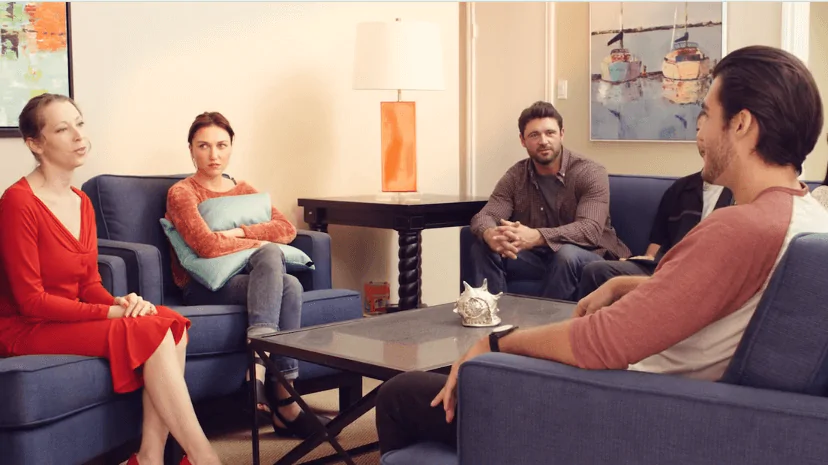24/7 Helpline:
(866) 899-221924/7 Helpline:
(866) 899-2219
Learn more about Heroin Rehab centers in Okemah

Other Insurance Options

PHCS Network

United Health Care

Providence

Sliding scale payment assistance

BlueCross

Magellan Health

State Farm

EmblemHealth

Excellus

Covered California

Meritain

Magellan

Anthem

Kaiser Permanente

Optima

MVP Healthcare

Molina Healthcare

Regence

Access to Recovery (ATR) Voucher

CareSource

Creoks Mental Health Services
Creoks Mental Health Services is a private rehab located in Okemah, Oklahoma. Creoks Mental Health S...






















